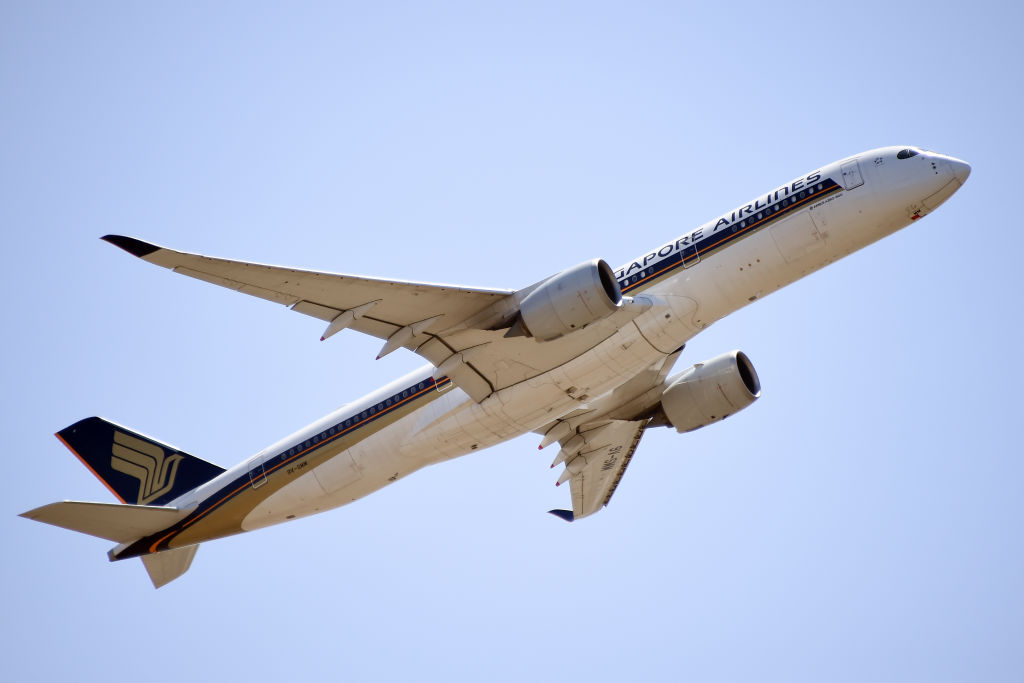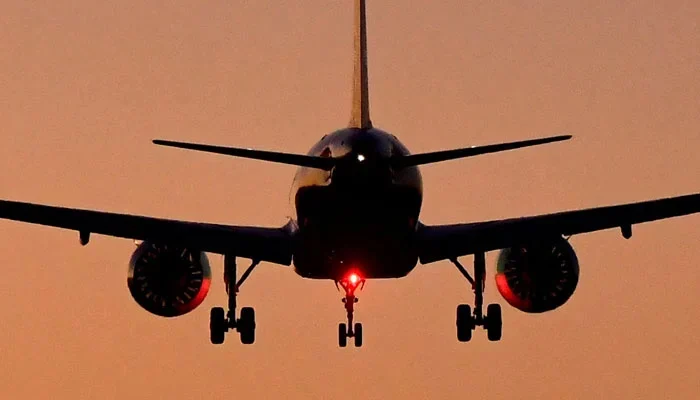Britain and Egypt have issued critical alerts to their airlines, advising them to avoid Iranian and Lebanese airspace as fears of a broader regional conflict intensify. These warnings come in the wake of recent killings of senior members of Hamas and Hezbollah, marking a significant escalation in aviation safety measures in response to growing geopolitical tensions in the Middle East.

The UK’s advisory for airlines to avoid Lebanon’s airspace followed Egypt’s instruction to its airlines to avoid Iranian airspace for a specific three-hour period early Thursday morning. This move has triggered a global response, with airlines worldwide revising their schedules to circumvent both Iranian and Lebanese airspace, while also suspending flights to Israel and Lebanon.
These precautionary measures reflect the aviation industry’s heightened sensitivity to conflict zone risks, a concern that gained prominence after the tragic downing of Malaysia Airlines flight MH17 over Ukraine in 2014. Major carriers have taken swift action in response to the alerts, with United Airlines and Delta Air Lines suspending flights to Tel Aviv, and Singapore Airlines ceasing to fly through Iranian airspace since last Friday. British carriers have also halted flights to Lebanon.
The directive of Egypt, issued via a NOTAM (Notice to Airmen), specifically instructs all Egyptian carriers, including charter operators, to avoid overflying the Tehran Flight Information Region during the specified period. The Egyptian civil aviation ministry later clarified that this notice was in response to information about planned military exercises in Iranian airspace.

The situation has also prompted Jordan to request all airlines landing at its airports to carry 45 minutes’ worth of extra fuel, a measure that underscores the unpredictability of airspace accessibility in the region.
These developments come against a backdrop of recent historical incidents, including the 2020 accidental downing of Ukrainian International Airlines flight PS752 by Iranian air defense units, which resulted in 176 fatalities. Such events have heightened concerns about the risks of operating in or near conflict zones.
As tensions continue to simmer, the aviation industry faces the challenge of balancing operational needs with safety concerns. The situation remains fluid, with airlines and aviation authorities closely monitoring developments and adjusting their strategies accordingly.
The current airspace restrictions not only impact direct flights to the affected countries but also have broader implications for long-haul routes that typically traverse these areas. As a result, airlines may face increased fuel costs and longer flight times for certain routes, potentially affecting schedules and operations on a global scale.
Reuters



